Overview
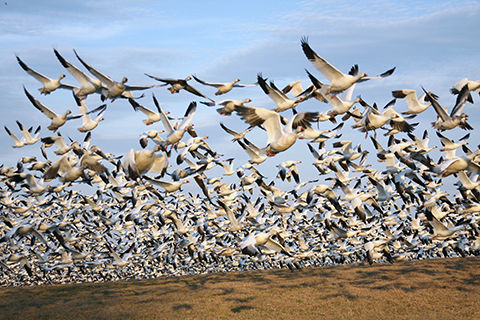
Snow Goose and Waterfowl Migration Update
Learn More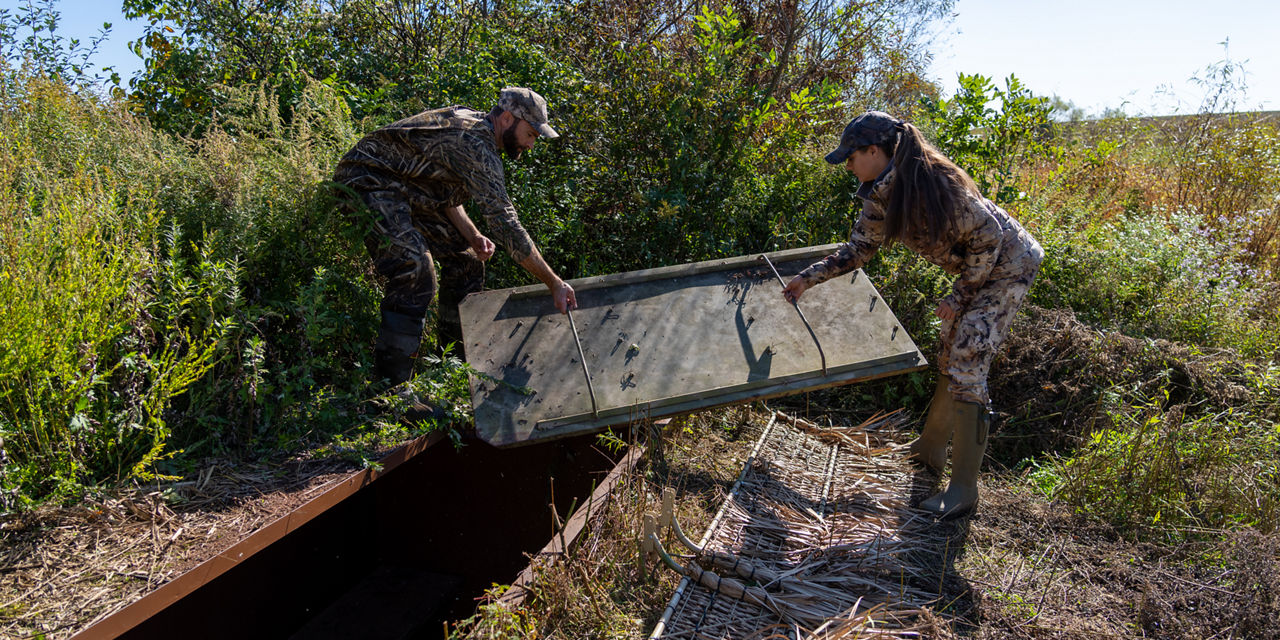
Middle Creek Special Hunts
Learn More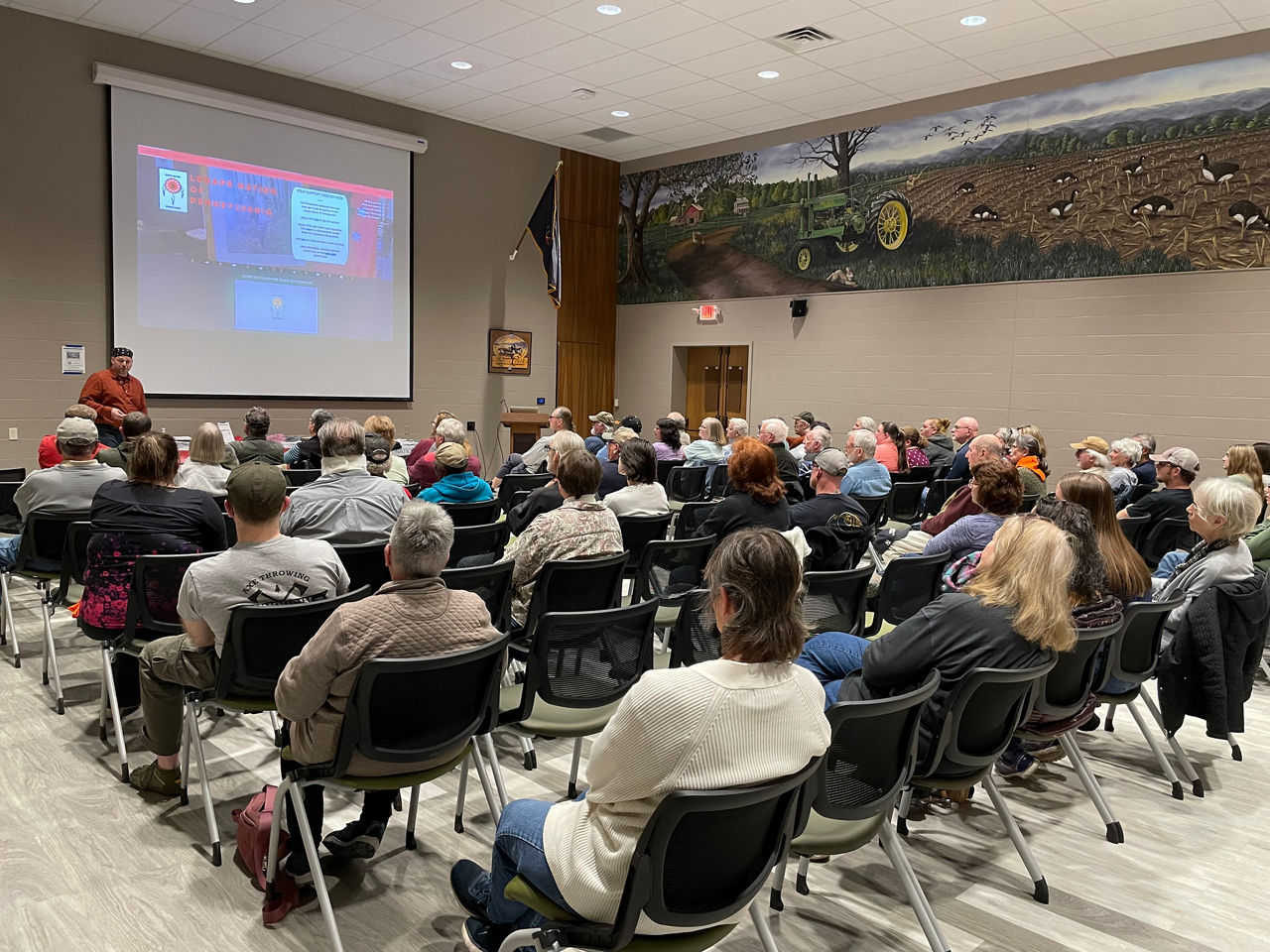
Events, Field Trips & DIY Activities
Learn More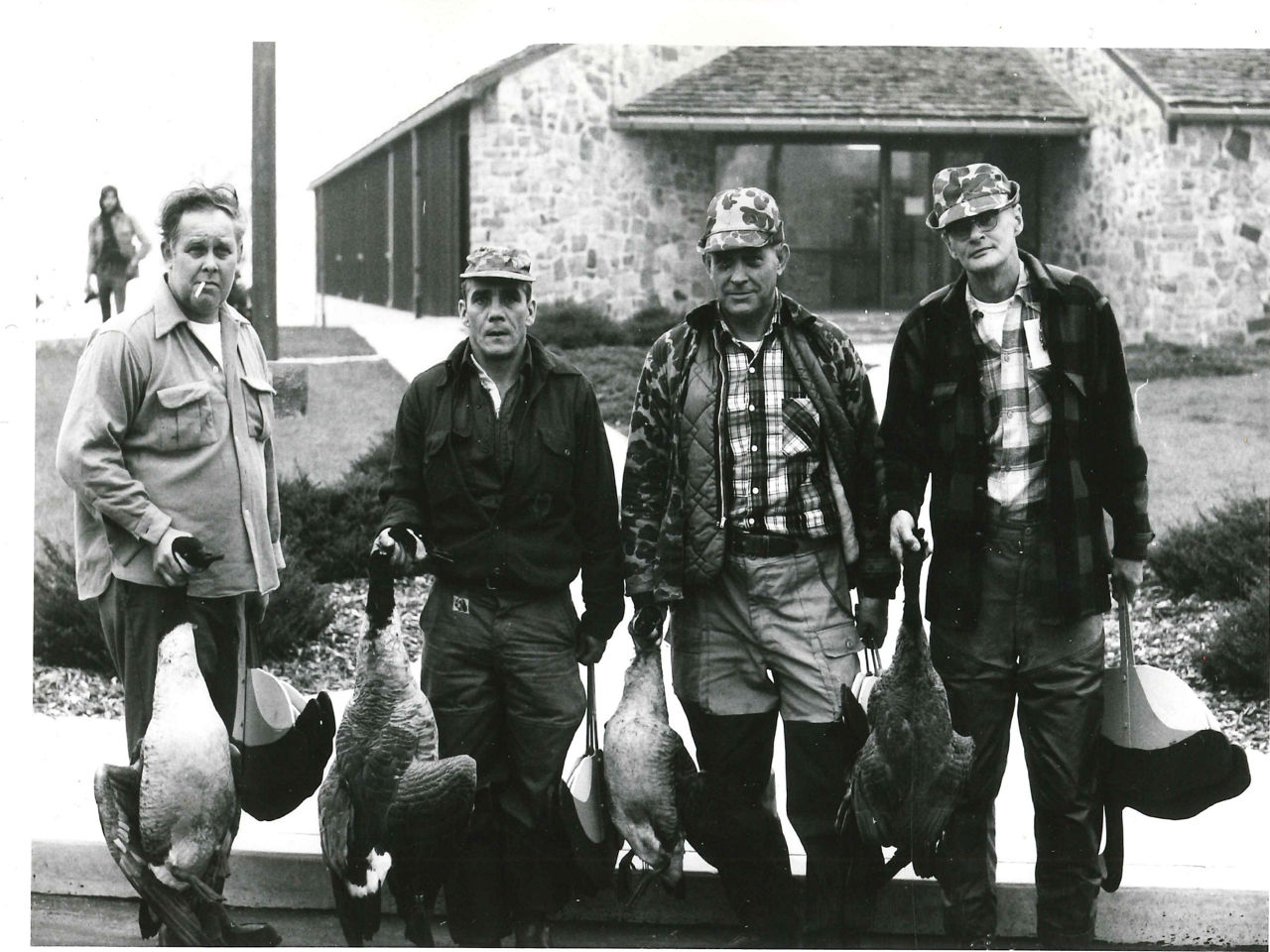
Middle Creek History
Learn More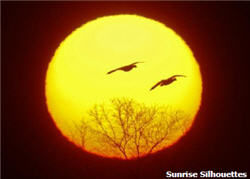
Middle Creek Initiative
Learn More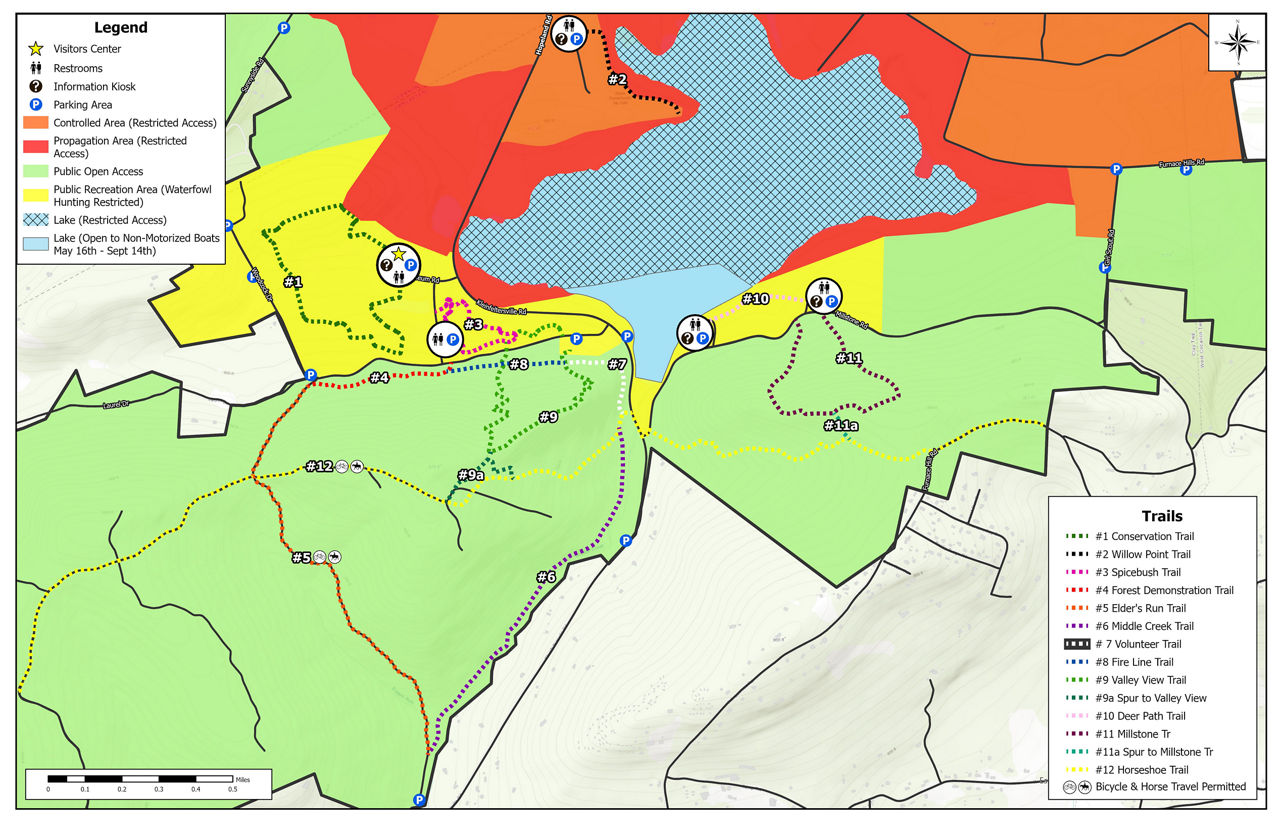
Middle Creek Hiking Trails
Learn More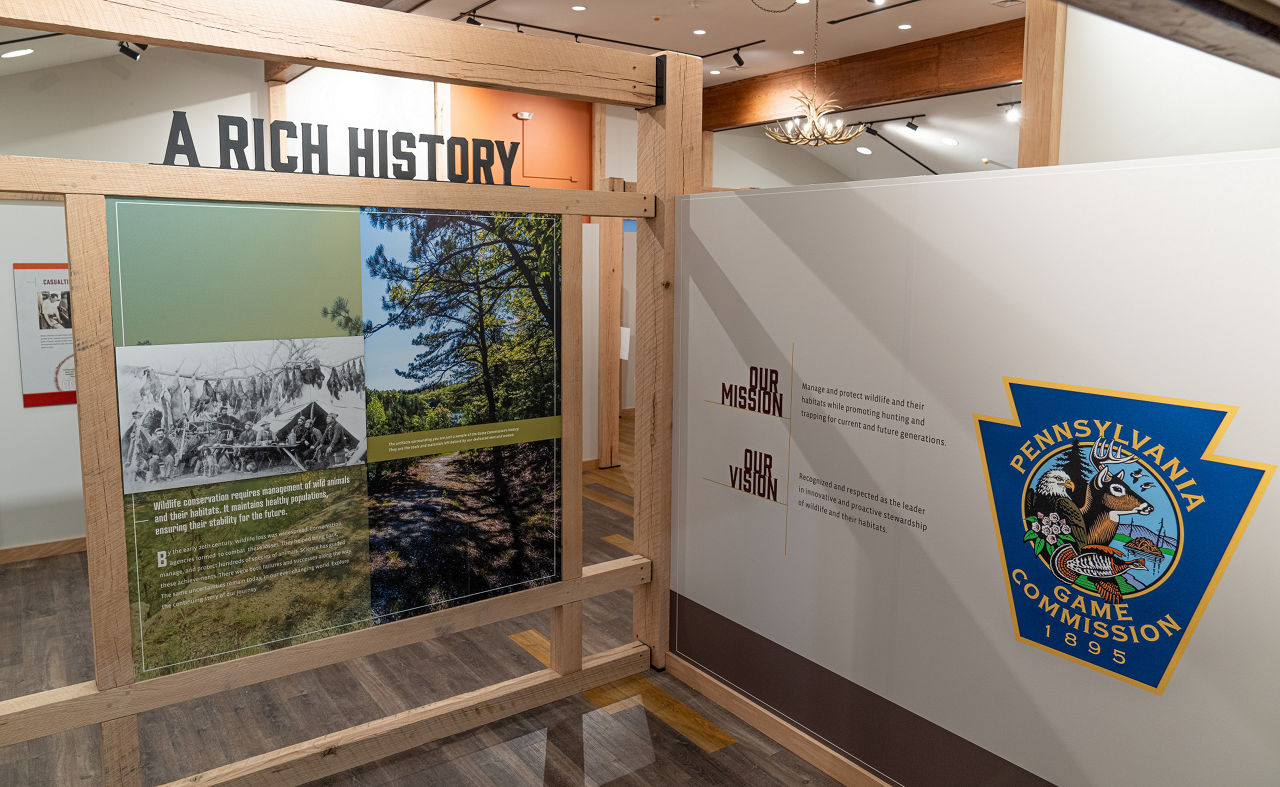
Conservation Heritage Museum
Learn More
Songbird Banding at Middle Creek
Learn MoreTo report violations at Middle Creek, please call the Pennsylvania Game Commission
Middle Creek: Celebrating 50 Years
Middle Creek Wildlife Management Area was created in the 1970s as a migratory stopover for waterfowl and a haven for wildlife. Join us as we explore the history of how Middle Creek was created and the importance of the habitat to many wildlife species.
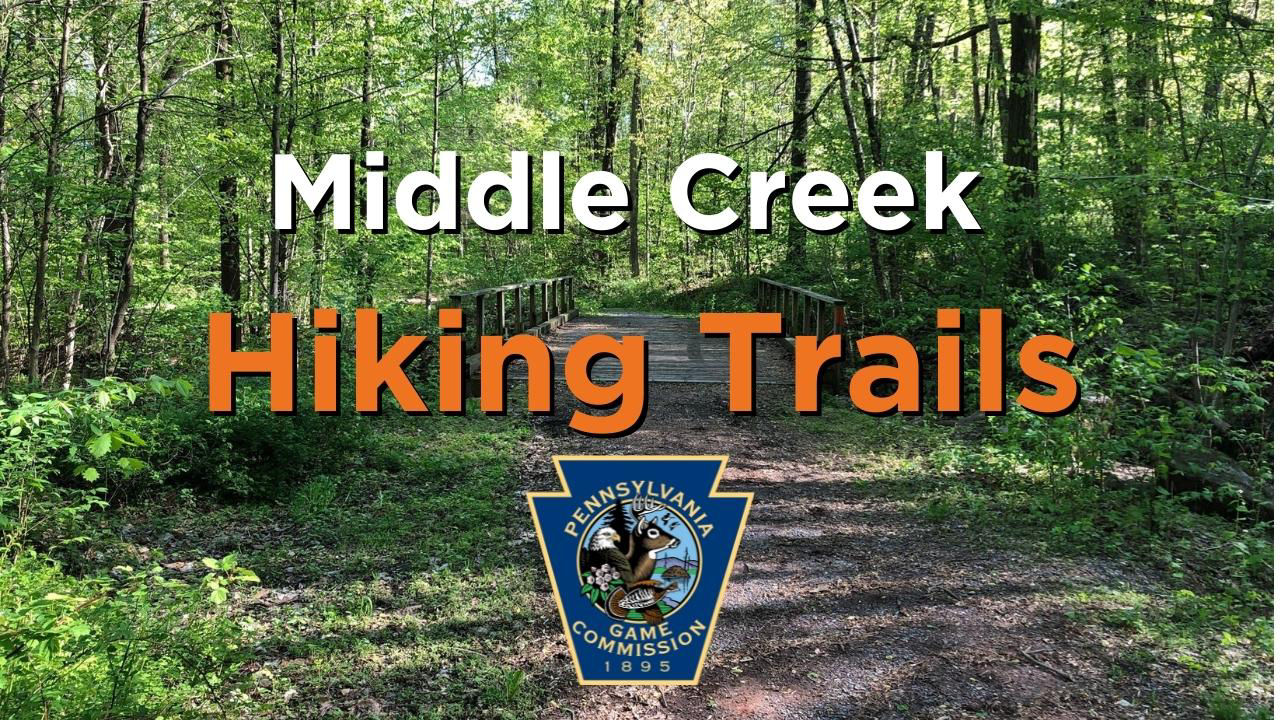
Middle Creek Hiking Trails
Download Brochure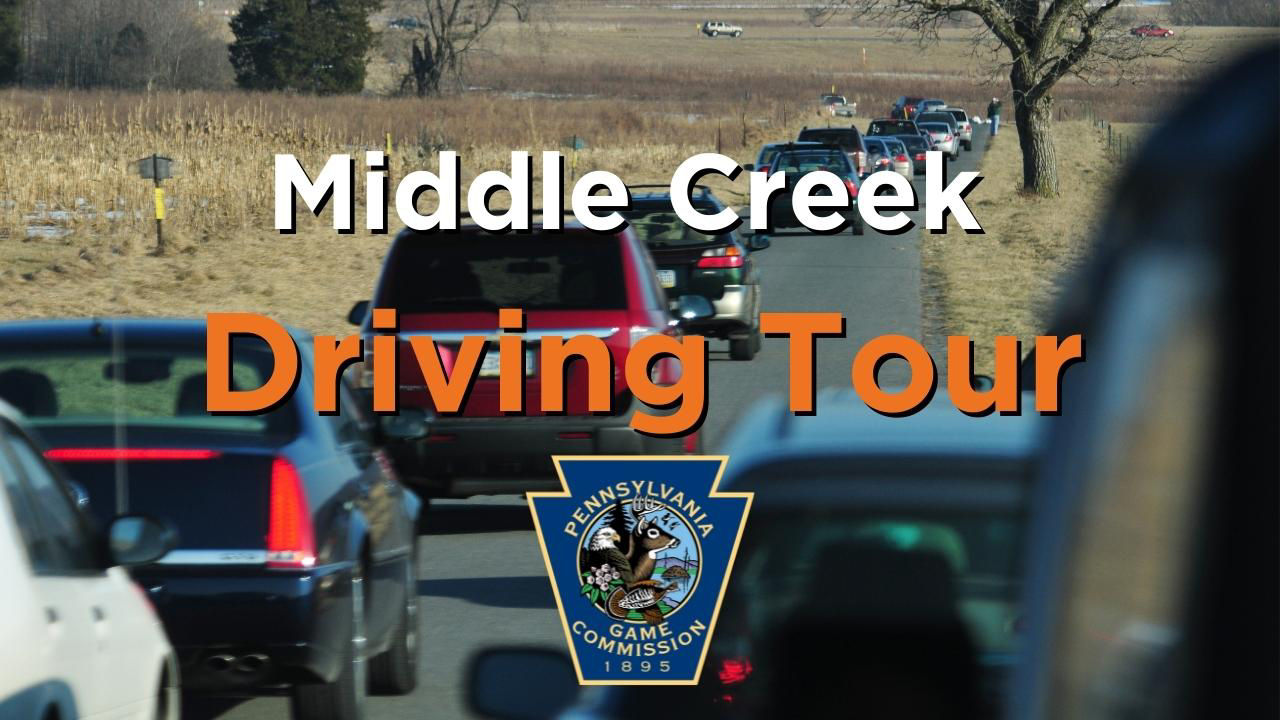
Middle Creek Wildlife Drive
Download Brochure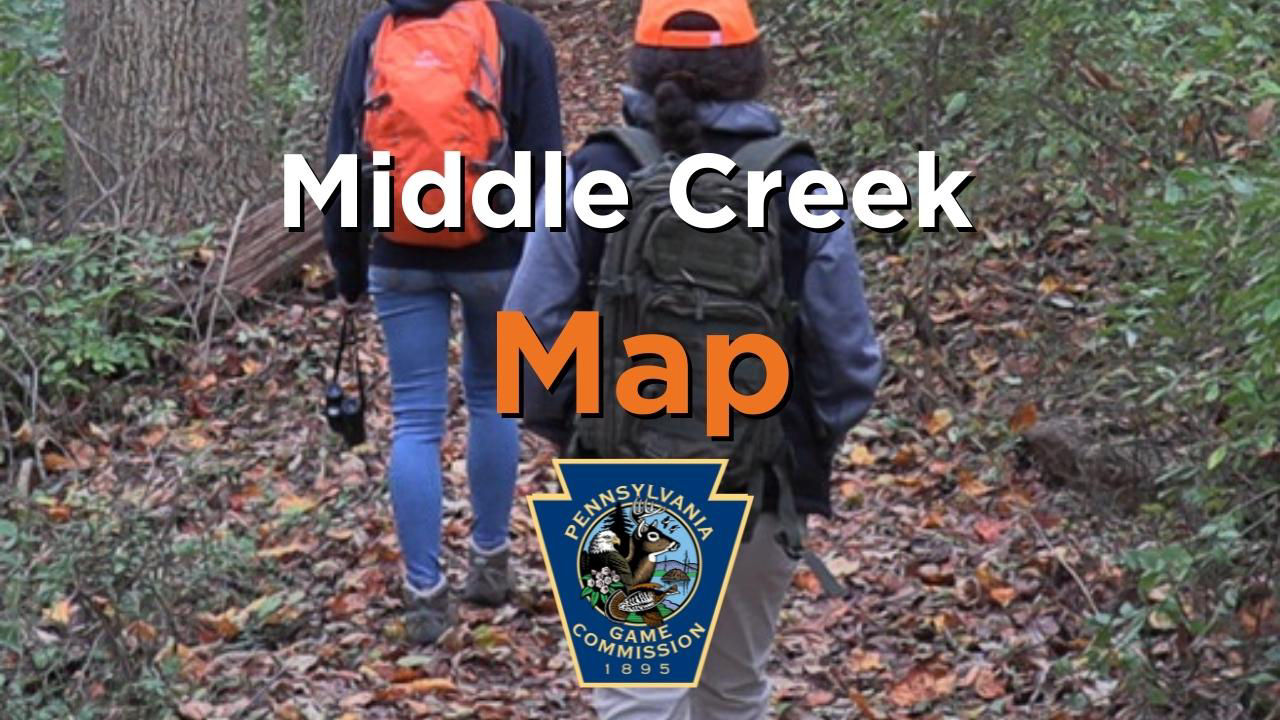
Middle Creek Map
Download BrochureMiddle Creek FAQ
When is the Visitors Center open?
Hours of Operation:
Monday - Closed
Tuesday - Saturday: 8:00 a.m. to 4:00 p.m.
Sunday - 12:00 p.m. to 5:00 p.m.
What is the Wildlife Drive/when is the Wildlife Drive open?
The Wildlife Drive is a seasonal road for viewing wildlife, biking, and walking open from March 1st to September 30th
When was Middle Creek Created?
Middle Creek opened to the public in 1973.
Is Middle Creek a State Park?
Middle Creek is comprised of public lands where many different types of recreation is allowed, including hunting, biking, hiking, non-motorized boating, and much more. However, it is not a state park, which are public lands managed by the DCNR. Middle Creek is owned by the Pennsylvania Game Commission, so Middle Creek's lands are technically State Game Lands
What is the best time to come to Middle Creek?
The most popular time of year is in February to March when the snow geese are migrating, however every season has its natural wonders! Middle Creek has it all for every outdoor lover. Hunting opportunities throughout the year, beautiful fall foliage, wildflowers, and much more will have you coming to Middle Creek all year long!
Can I fish at Middle Creek?
Yes, fishing with a valid fishing license is allowed in any of the public recreation areas, including on the lake south of the buoys.
Can I bring my dog to Middle Creek?
Yes, but your dog must be kept on a leash if participating in any recreation other than hunting.
Can I boat at Middle Creek?
Yes, non-motorized boating is allowed on the lake south of the buoys from May 15 to September 30.
Can I have a picnic at Middle Creek?
Yes! In fact, we have several designated picnic areas including Sunfish Pond, Red Rock, and White Oak Picnic Areas. For more information, pick up a map at the Visitors Center.
What do the different signs mean?
Public recreation – all legal forms of recreation are allowed in this area.
Controlled area – This area is only open to seasonal hunting via a lottery system.
Propagation area – This section is closed to the public besides the annual muzzleloader hunt that is selected via lottery.
SGL sign – This is State Game Lands.
Special Hunting at Middle Creek
How do I volunteer at Middle Creek?
There are several volunteer activities available at Middle Creek from maintaining hiking trails to the Visitors Center native plant gardens. Forms can be filled out in the Visitors Center.
Where can I go to view the snow geese?
Snow geese are the most easily seen at Willow Point. Park at the Willow Point lot and walk less than half a mile down to the Willow Point Viewing Area.
How do you count the snow geese?
Early before sunrise when the geese are the most concentrated on the water and close together, we can go to a higher elevation area with a spotting scope and estimate their numbers. By counting every goose within a given area, that number can be extrapolated over the entire area they are covering to get an estimate on their numbers. It is not possible to estimate them later in the day when many fly off to feed or move around on the water more.
Where are the snow geese going?
After Middle Creek, the next major stopover point for them is the Finger Lakes area in northern New York. However, many will stop in fields or smaller bodies of water along the way. Some flying off Middle Creek will be back the same day, they often go to feed in nearby fields
Where are the snow geese coming from/where do they stay for the winter?
For the Atlantic population of snow geese, most will overwinter in the Chesapeake Bay area, including National Wildlife Refuges such as Bombay Hook. Some can overwinter as far south as the northern coast of North Carolina.
Why do some geese look like they have darker feathers?
Known as the "blue goose," some snow geese have a color variant giving them a darker body with a white head. Many juvenile snow geese will also have some darker feathers on their wings.
How many snow geese are currently at Middle Creek?
Every 2-3 days, we post updates on numbers of geese and tundra swans on the lake on our migration update page, as well as our Facebook Page. You can also see for yourself from the comfort of your home by checking out our webcam that is always live on our migration update page!
Why is the lake being drawn down?
The lake at Middle Creek, and many smaller impoundments, were designed to lower water levels seasonally to expose mud flats which provide diverse food sources for migrating shore birds and other species.
Why are trees being cut at Middle Creek?
Habitat improvement cuts are regularly conducted at Middle Creek to increase vegetation in the understory, increase the number of grasslands, and diversify habitat for species that thrive in different types of forest succession.
Why are prescribed fires important to Middle Creek?
Prescribed fire "resets the clock" on forests and especially grasslands. As grasslands mature, many shrubs and eventually trees replace grasses. Although closed canopy forests are important in the landscape for many species, so are grasslands and shrublands. Prescribed fires are a natural way to maintain these different levels of succession to maximize the diverse habitats that are available. With diverse habitats, we get a diversity in wildlife.
To report violations at Middle Creek, please call the Pennsylvania Game Commission at 1-833-PGC-WILD




